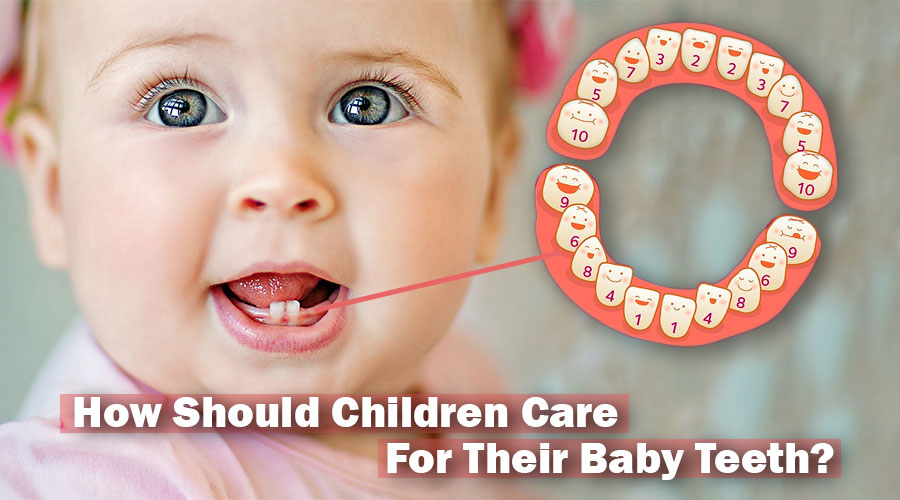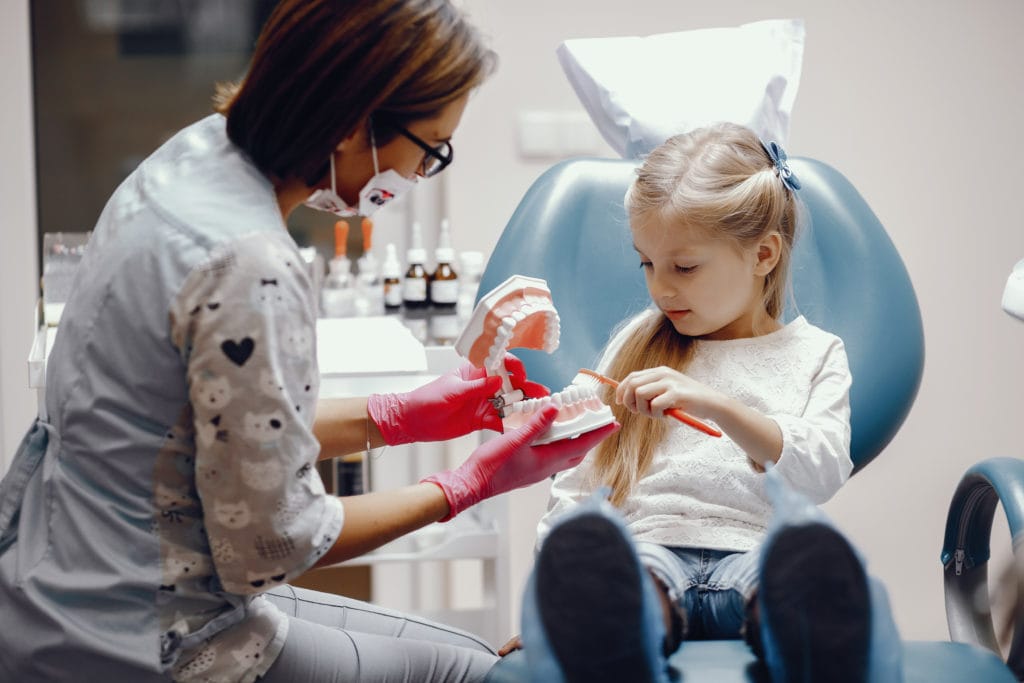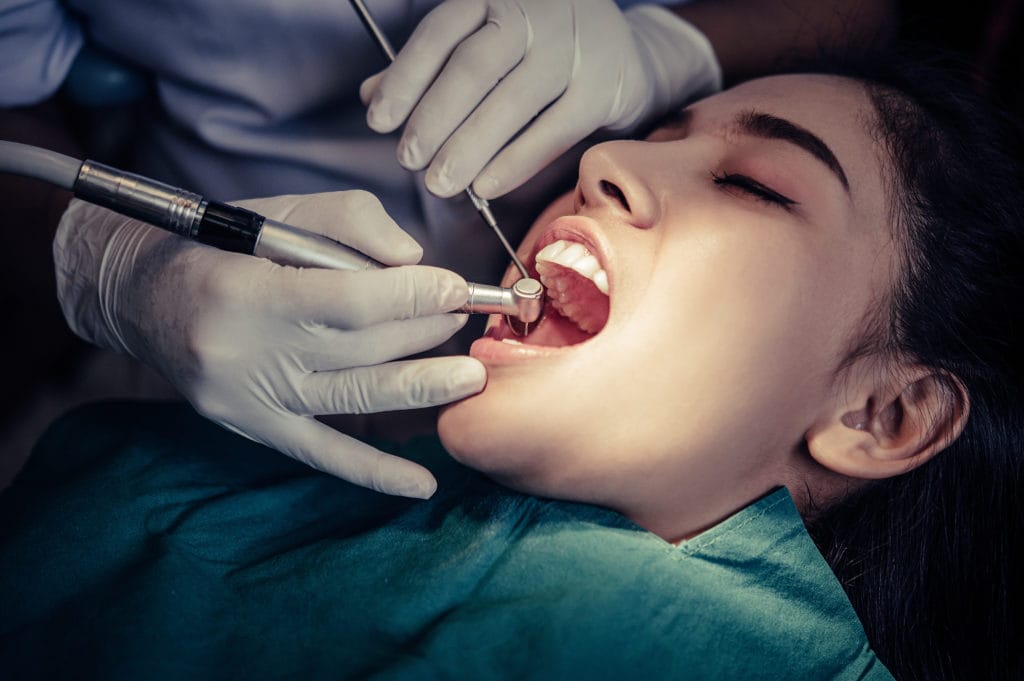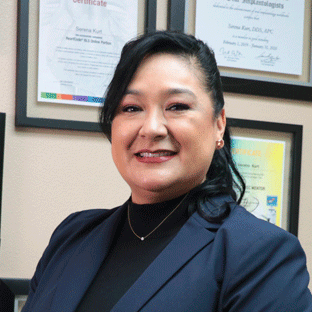Newborns are born without teeth, but these will start to slowly come out as the baby begins to grow up and develop. They are generally known as baby teeth. Usually, they start showing at the ages of 4 and 12 months. Most babies tend to grow their two front teeth in the bottom section of their mouths. Right around the mark of six months, the child’s teeth have fully appeared or, at the very least, start showing signs of arrival. And, all their teeth should be prominent right around the ages of two to three.
Dentists call this portion of the child’s teeth growing process “teething.” It is common for a child’s baby teeth to begin to fall out and get replaced by their permanent set during childhood around the age of 6 and early teenage years. From that point on, it is essential that parents start teaching them oral hygiene habits to take care of them and help avoid any future issues or diseases.
How Important Are Baby Teeth?
Many people do not consider baby teeth to be very important. However, baby teeth have a critical function. Just like permanent teeth, baby teeth help the child chew and correctly separate food into bite-sized portions that will allow the infant to swallow, preventing them from choking on anything they consume.
Baby teeth can also provide a lot of support to the child when it comes down to pronouncing and speaking according to their age. Don’t worry if your child does not learn to talk right away, as it is common for a child to begin to talk around six months after they’re born to around a year. Some take a bit longer but start to babble or say a lot of gibberish. And teeth are just like learning to speak; the process takes a while until it is fully perfected.
Baby teeth are also essential to hold the place for the permanent teeth until they finally come through. They should develop the primary twenty teeth made up of different ones, they should come in the following form, but the order can vary as well;
- Four central incisors
- Four lateral incisors
- Four canine teeth
- Four first molars
- Four-second molars
These should be the first ones to appear in the child’s mouth. In rare cases, the child may develop one or two more teeth. And these baby teeth should make up both the upper and lower sides of the child’s mouth.
It should be noted that the very first four center bottom jaw teeth should come through first, but other teeth may develop a bit more rapidly. This process may occur at around the first four months to ten months.
A child’s teeth may take a bit longer than others; when feeling worried about your child’s health, it is recommended you seek help from a professional dentist. Try visiting your local dental clinic to alleviate any stress or anxiety you may have, be sure that your dentist will be able to assist you with any doubts or concerns.
Remember that the very first twenty teeth are called primary or temporary teeth. In some cases, children may tend to develop their permanent teeth right below their baby teeth. But your child’s jaw will continue to evolve, making room for the teeth as these continue to grow accordingly.
It is important to know that a balanced diet full of nutritious meals is recommended; that way, your child will grow up to be big and strong, just like their teeth. As a helpful side note, your child’s jaw should begin to replace your child’s baby teeth at around the age of six, thus allowing the second set to appear.
A child’s outer layer of their baby teeth is made up of a very thin layer of enamel; this is what allows a child’s teeth to be pearly white. But because of their thin layer of enamel, their teeth are at risk of developing tooth decay. Some children should begin to clean their teeth by around the age of two, but you should seek your local or a San Diego dentist’s recommendation to properly follow your child’s development.
When Do Baby Teeth Get Replaced By Adult Teeth?
This question’s answer varies from child to child, as their age and other factors come into play. But, in most cases, as we mentioned before, a child’s permanent teeth should start coming in at around the age of six. Some children and teenagers develop their permanent set of teeth at around the age of thirteen.
Also, in the later years of teenagers or young adults, they will fully develop a set of thirty-two teeth. However, teenagers will fully replace their baby teeth by the age of seventeen to twenty-one. Studies report that after this age, many humans do not develop wisdom teeth anymore because humans are still in the process of evolution. Most of the population is stillborn with wisdom teeth at around the age of twenty-one.
But remember that your second set of teeth are your last set; that is why you should opt to provide extra oral care to your permanent teeth. Visiting your dentist in Clairemont twice a year for dental checkups is highly recommended, as this is an excellent way of avoiding costly dental operations that can be prevented by brushing and flossing.
Promote dental habits around the household, in this manner; you will be allowing yourself and your loved ones to have a healthy and strong smile for years to come. Try to acquire the basic habits of brushing twice a day, flossing, and using mouthwash. There are also more tips you can ask a professional to maintain your natural teeth healthy.
Reducing the consumption of some drinks (like soda) or foods can also prevent damage to your denture. Habits like smoking or chewing tobacco are also something to consider quitting. Besides, it harms your teeth and your overall health. If you have a little one at home, make sure to be the example for them and guide their journey to a healthy, bright smile.





Leave a Reply